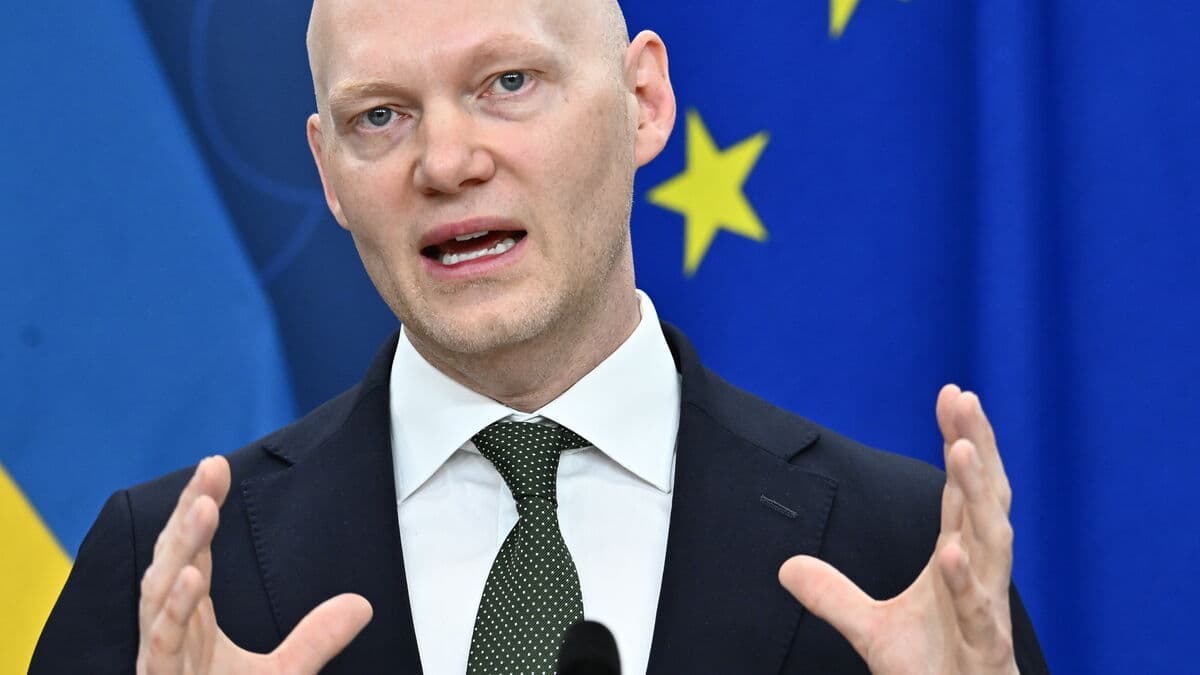Several authorities, including the police, have long warned that the unofficial payment system hawala is being used for money laundering and to finance terrorism.
We have significant problems with crime, gangs and criminality in Sweden. They use this system to launder money and finance their activities, says Minister for Financial Markets Niklas Wykman (The Moderate Party).
”Large sums behind”
The hawala system can also be used in completely legitimate ways, for example to send money to relatives in countries where it is difficult to make bank transfers.
But since there is no traceability or transparency as in the regular banking system, it is also exploited by criminals. According to police estimates, billions of kronor are transferred via the system every year, but the dark figure is large.
Shootings and bombings are dreadful, but they often stem from the fact that there are large sums behind them, and then you have to get to them, says Wykman.
Since July this year, businesses that conduct money transfers and currency exchange need a permit from the Financial Supervisory Authority, otherwise they may face penalty fees.
The new proposal is a way to further address these businesses.
It makes it much easier for the police to act. If they notice that such activity is taking place, they no longer need to prove that money laundering is occurring, but can start by checking if there is a permit or not, says Niklas Wykman.
Money across the border
According to the government, hawala activities are still being conducted to a large extent without a permit.
It can be smaller currency exchange offices or small kiosks that provide this, it can be small players but it can create great harm, says Wykman.
The government will also soon give customs greater powers to control money being taken out of Sweden.
The new law on penalties for unauthorized financial activities is proposed to come into force in March next year and can result in imprisonment for up to six years if the crime is considered serious.
Corrected: In an earlier version, an incorrect statement about the maximum prison sentence was included.
Johanna Ekström/TT
Facts: Hawala
TT
Hawala, Arabic for transfer, is the name of an informal transfer system that emerged along the Silk Road in the 8th century.
The system is still widely used around the world and is based on global networks of brokers, hawaladars, who vouch for assets and values. It is a way to transfer money without moving it.
The most common is that a broker on behalf of a sender contacts another broker in the recipient's vicinity and vouches for the fact that an amount exists and requests that it be paid out.
The debt is settled at a later time, and the system is thus based entirely on trust between the parties involved.
Almost all transactions are legitimate and hawala is a lifeline for people in, for example, war-torn areas or communities affected by natural disasters. However, the system has also been used by terrorist organizations and criminals who want to hide income from criminal activities.
Source: FOI






